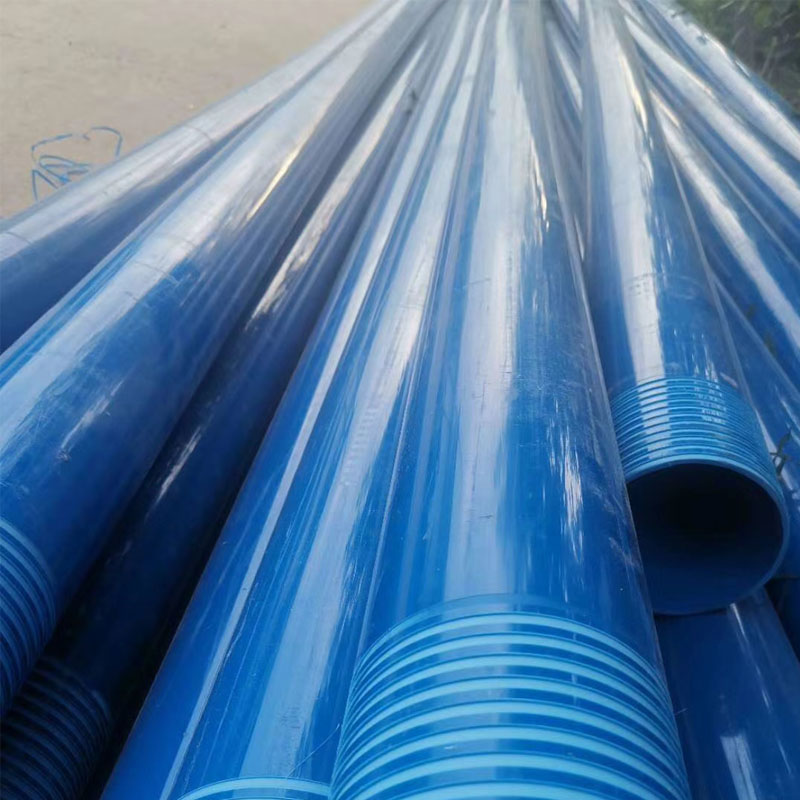Dec . 09, 2024 15:39 Back to list
coupler hdpe pipe product
Understanding Coupler for HDPE Pipes A Comprehensive Guide
High-Density Polyethylene (HDPE) pipes are renowned for their exceptional durability, resistance to corrosion, and flexibility, making them an ideal choice for a wide range of applications, including water supply, sewage, gas distribution, and industrial piping systems. However, the efficient performance of HDPE pipes relies significantly on the quality of the connecting components, especially couplers. This article explores the significance of HDPE pipe couplers, their types, advantages, installation processes, and applications.
What is an HDPE Pipe Coupler?
A coupler is a fitting used to connect two sections of pipe, facilitating the flow of liquids or gases. In the context of HDPE pipes, couplers are specifically designed to maintain the integrity and performance of the piping system while ensuring leak-proof connections. These components are critical for extending the length of a pipeline, joining different diameters, or making transitions between various types of piping materials.
Types of HDPE Pipe Couplers
There are several types of couplers available for HDPE pipes, each tailored for specific applications
1. Electrofusion Couplers These couplers use electrical energy to melt the outer surface of the pipe and the fitting, creating a strong bond upon cooling. Electrofusion is widely used in critical applications, such as gas and water distribution, due to its reliability and leak-proof connections.
2. Butt Fusion Couplers This method involves heating the ends of two HDPE pipes and then pressing them together to form a joint. Butt fusion is popular for its simplicity and effectiveness in creating strong connections for large-diameter pipes.
3. Mechanical Couplers These couplers utilize mechanical means, such as bolts and clamps, to secure two sections of HDPE pipes. They are often employed in situations where fusion methods are not feasible, such as in limited access areas or when joining pipes of different materials.
4. Flanged Couplers Flanged couplers are designed with flanges at both ends, allowing for easy installation and disconnection. They are particularly useful in applications where a temporary connection may be required.
Advantages of Using HDPE Pipe Couplers
1. Durability HDPE pipe couplers are resistant to the same environmental factors that affect HDPE pipes, including corrosion, UV radiation, and chemicals. This durability ensures a long service life for the entire piping system.
2. Ease of Installation Couplers facilitate quick installation, reducing the time and labor costs associated with complex piping systems. Features like electrofusion and butt fusion eliminate the need for additional materials or adhesives.
3. Leak-Free Connections The design of HDPE couplers ensures tight seals that prevent leaks, thereby reducing maintenance costs and increasing the system's efficiency.
coupler hdpe pipe product

4. Versatility HDPE couplers can be used with a variety of pipe sizes and configurations, making them suitable for numerous applications across different industries.
Installation Process
The installation of HDPE pipe couplers varies based on the type being used. However, the general steps include
1. Preparation Clean the ends of the pipes to remove any dirt, debris, or moisture that may interfere with the joining process.
2. Alignment Ensure the pipes are aligned properly, as this will minimize the risk of misalignment during fusion.
3. Connecting Depending on the type of coupler, follow the specific instructions for either electrofusion, butt fusion, or mechanical fastening.
4. Testing After the installation, conduct pressure tests to ensure that the connections are secure and leak-free.
Applications of HDPE Pipe Couplers
HDPE pipe couplers find applications across various industries, including
- Water and wastewater management Creating robust and reliable water distribution systems. - Natural gas distribution Ensuring safe and efficient transmission of gas. - Agriculture Facilitating irrigation systems that require reliable piping. - Construction Providing solutions for drainage systems and temporary piping needs.
Conclusion
HDPE pipe couplers play an essential role in the overall performance and efficiency of HDPE piping systems. Their durability, ease of installation, and ability to create leak-proof connections make them a superior choice for many applications. Whether in municipal water systems or industrial environments, understanding the different types and advantages of these couplers is crucial for anyone involved in the planning, installation, or maintenance of pipe networks.
-
High-Quality PVC Borehole Pipes Durable & Versatile Pipe Solutions
NewsJul.08,2025
-
High-Quality PVC Perforated Pipes for Efficient Drainage Leading Manufacturers & Factories
NewsJul.08,2025
-
High-Quality PVC Borehole Pipes Durable Pipe Solutions by Leading Manufacturer
NewsJul.08,2025
-
High-Quality PVC Borehole Pipes Reliable PVC Pipe Manufacturer Solutions
NewsJul.07,2025
-
High-Quality UPVC Drain Pipes Durable HDPE & Drain Pipe Solutions
NewsJul.07,2025
-
High-Quality Conduit Pipes & HDPE Conduit Fittings Manufacturer Reliable Factory Supply
NewsJul.06,2025

